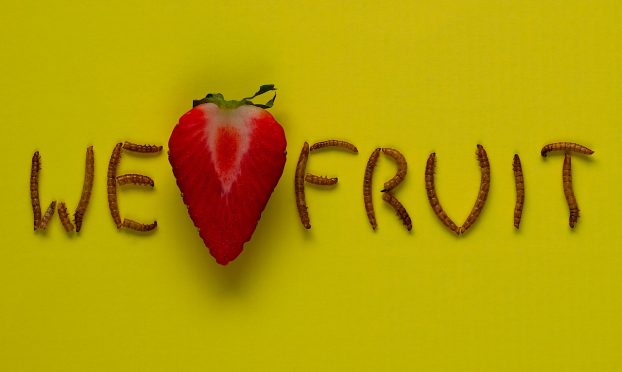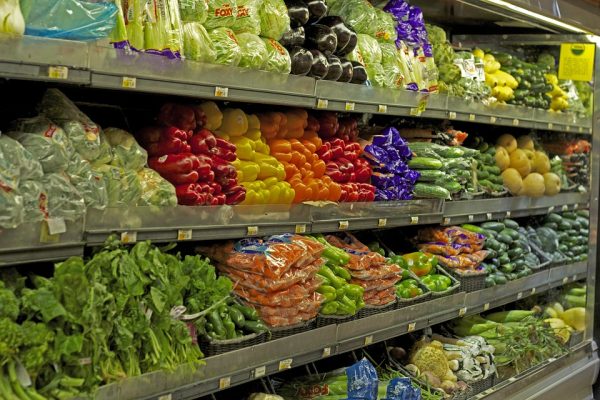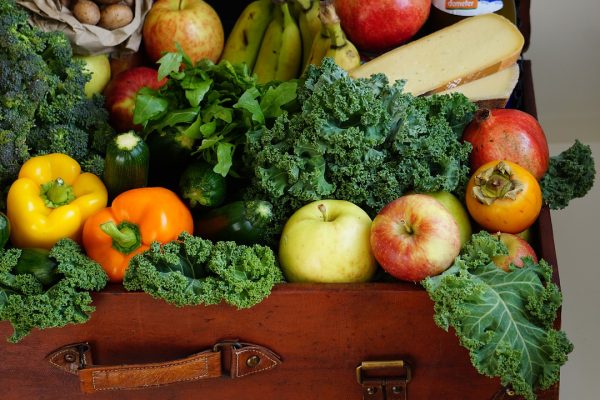Throughout Egypt, which boasts a rich culinary history, such views aren’t uncommon. The Arab-speaking country is the largest producer of food waste in the Middle East, and the 12th biggest offender globally, with each household averaging over 200 pounds of annual food waste. Now, though, amid a global reckoning over the food chain and its role in the climate crisis, attitudes in Egypt are slowly changing.
As with most of the Middle East, Egypt lags in official measures regulating food waste. A draft bill in Parliament proposes penalizing food suppliers who dispose of consumable food with fines of up to £500,000 (Egyptian; about $26,000) and the suspension of their licenses. But there is scant political will to tackle the problem or enforce regulation, says Zahra Saleh, a food industry researcher at the government-run National Research Center.

Alban Khalifa, a dairy shop with multiple branches across Cairo, has been reducing food waste and financial losses through Tekeya for nearly two years. Regulars know they can snap up half-price puddings through the app at the close of day.
That food would otherwise join the tens of thousands of tons of ingredients overflowing from trash cans on many streets of Cairo. In rural areas, heaps of discarded vegetables and harvests rot in the sun, attracting stray animals.

The Al-Aseel restaurant is one of around a dozen across the Egyptian capital that Tekeya, (a waste food savings app) staff visits each day in a quest to stop fit-for-consumption food from being dumped. Restaurants pay a small annual fee that allows them to alert Tekeya whenever they have unsold food. Personal users of the app can then buy that food at half-price, or either the restaurant or the user can request Tekeya deliver the food to a food bank or charity of their choosing. In total, up to 40 plates are saved from going to the trash each day.

A handful of similar apps can be found in the West, where staggering wastage is also the norm. But few exist in developing countries, where growing Western-style overconsumption sits alongside soaring rates of malnutrition. Tekeya, which was inspired in part by the rituals around Ramadan, is the first such app in Egypt, where poor nutrition and undernourishment account for up to 55% of annual child deaths.
“I’ve seen several platforms helping fight food waste across Europe. It’s uplifting to find one that does the same here in Egypt,” says Al-Aseel’s manager, Ramez Abo Abed, who has been using the app for three years.







